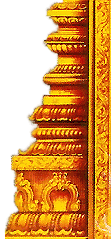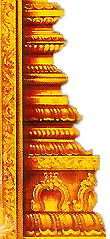| |
|
|
![[Gal1]](http://img1.dinamalar.com/KovilImages/GalleryThumb/G_T7_1461.jpg)
|
|
|
|
|
|
Warning: Undefined array key 1 in /var/www/html/or-temple-st.dinamalar.com/public_html/en/new_en.php on line 627
|
|
Warning: Undefined array key "G_T10" in
/var/www/html/or-temple-st.dinamalar.com/public_html/en/new_en.php on line
594
Deprecated: explode(): Passing null to parameter #2 ($string) of type string is deprecated in
/var/www/html/or-temple-st.dinamalar.com/public_html/en/new_en.php on line
594
Warning: Undefined array key "G_L10" in
/var/www/html/or-temple-st.dinamalar.com/public_html/en/new_en.php on line
595
Deprecated: explode(): Passing null to parameter #2 ($string) of type string is deprecated in
/var/www/html/or-temple-st.dinamalar.com/public_html/en/new_en.php on line
595





